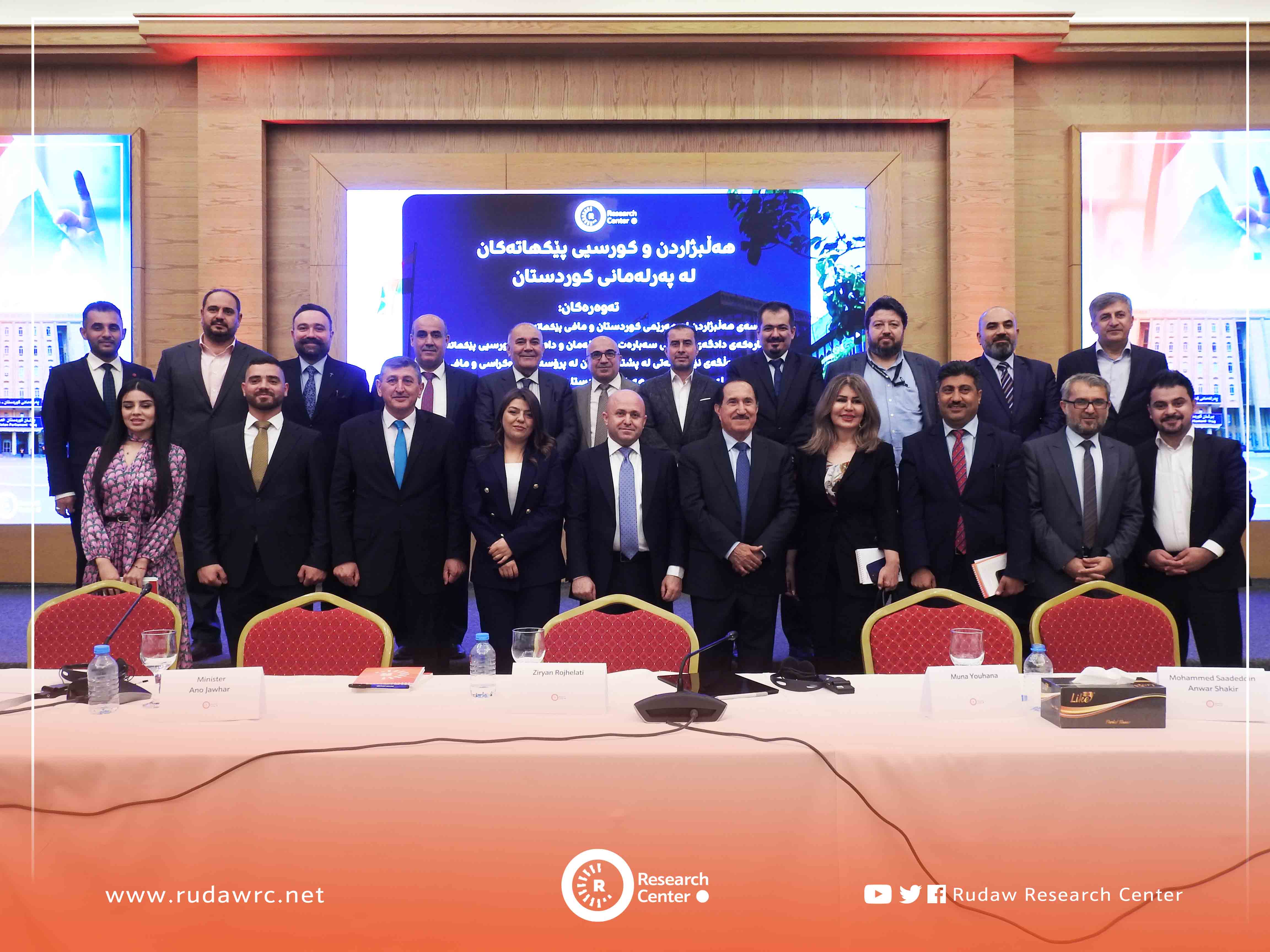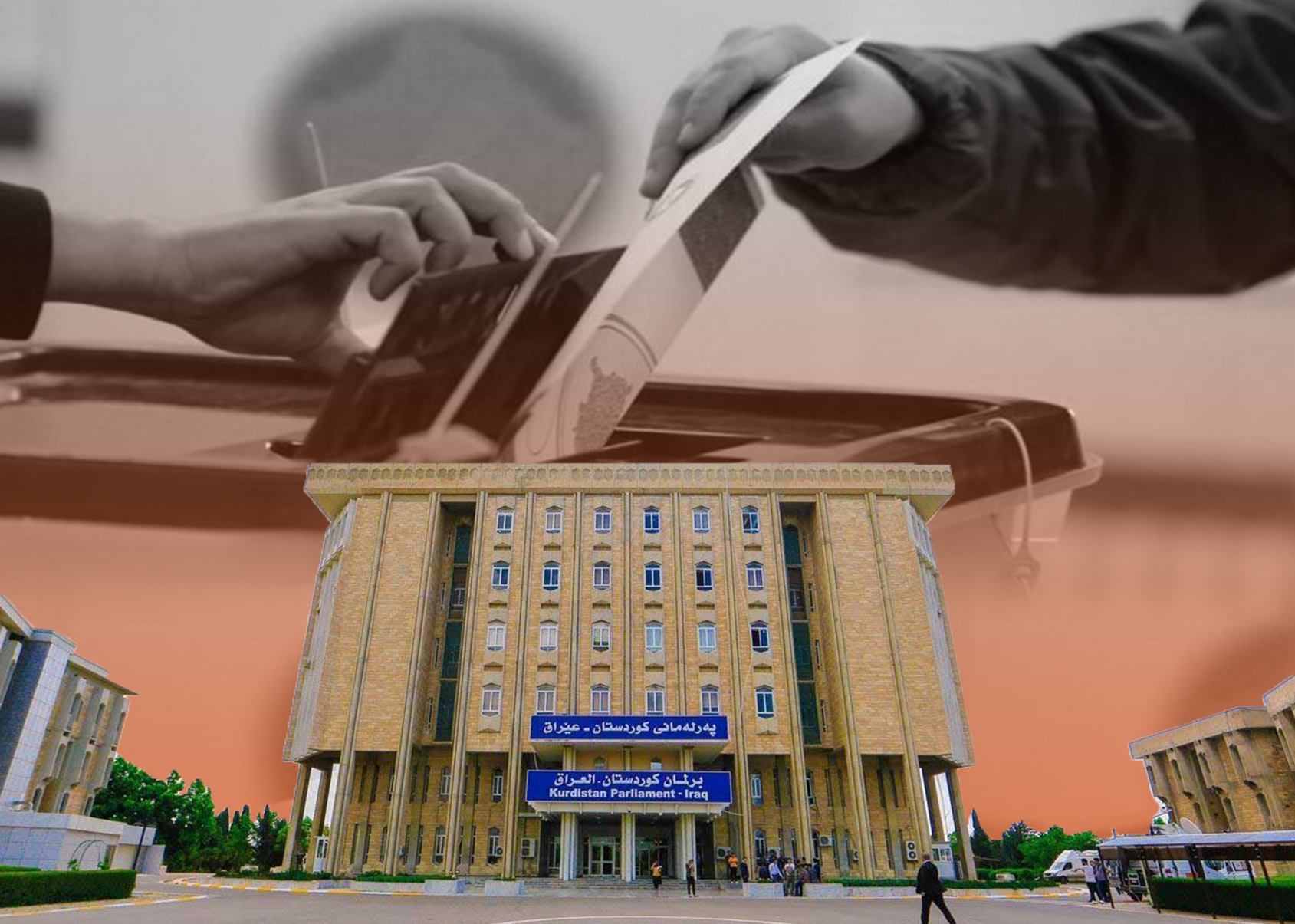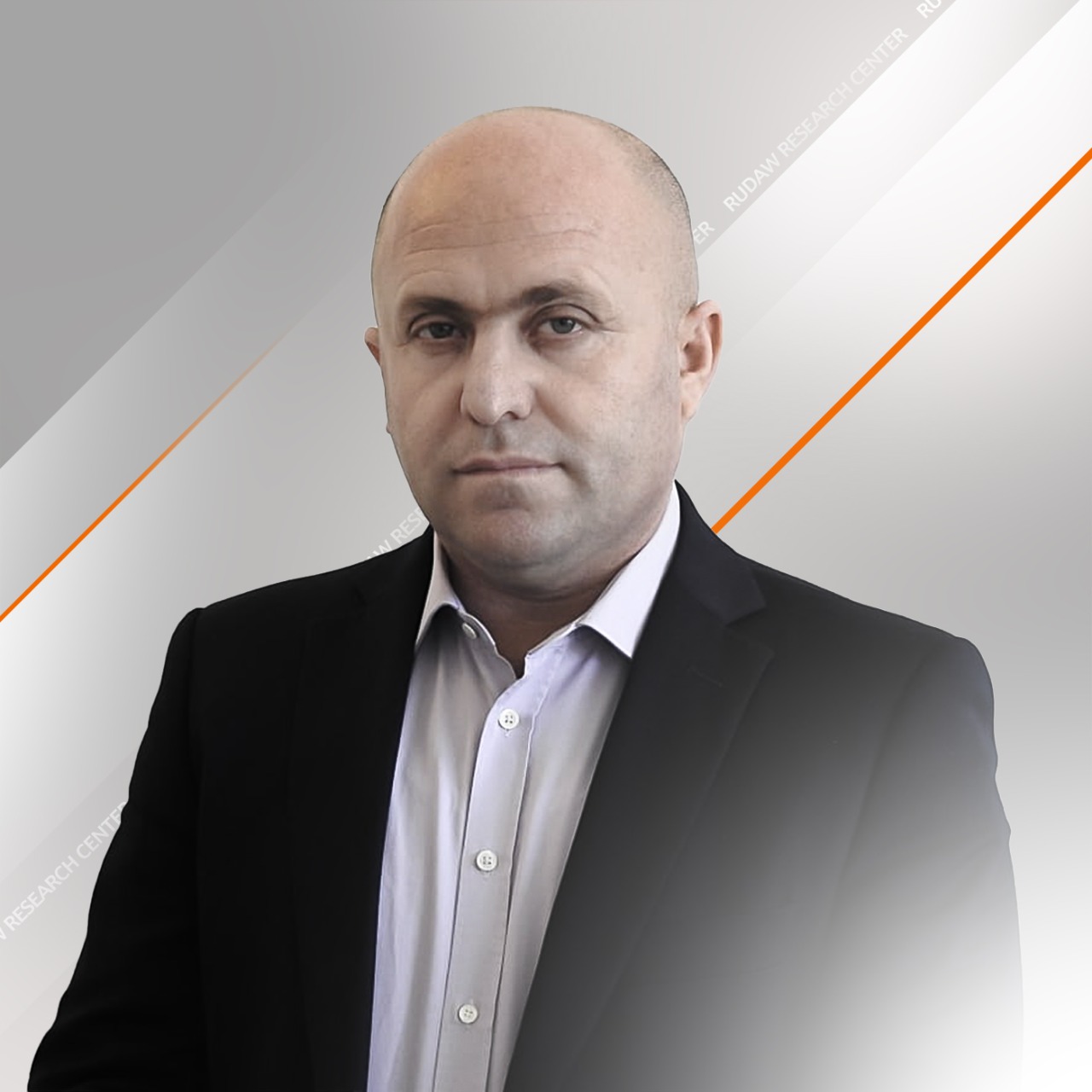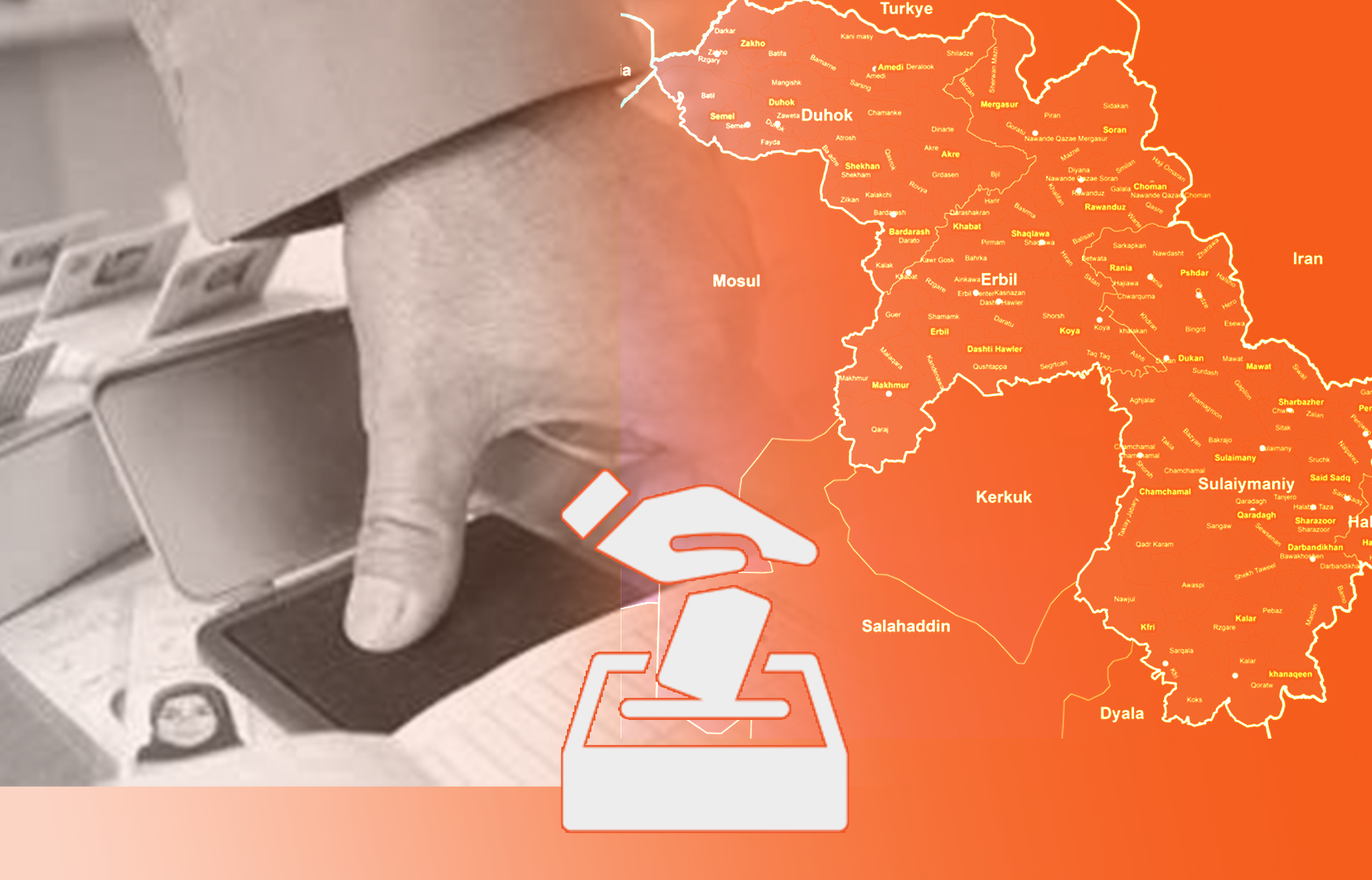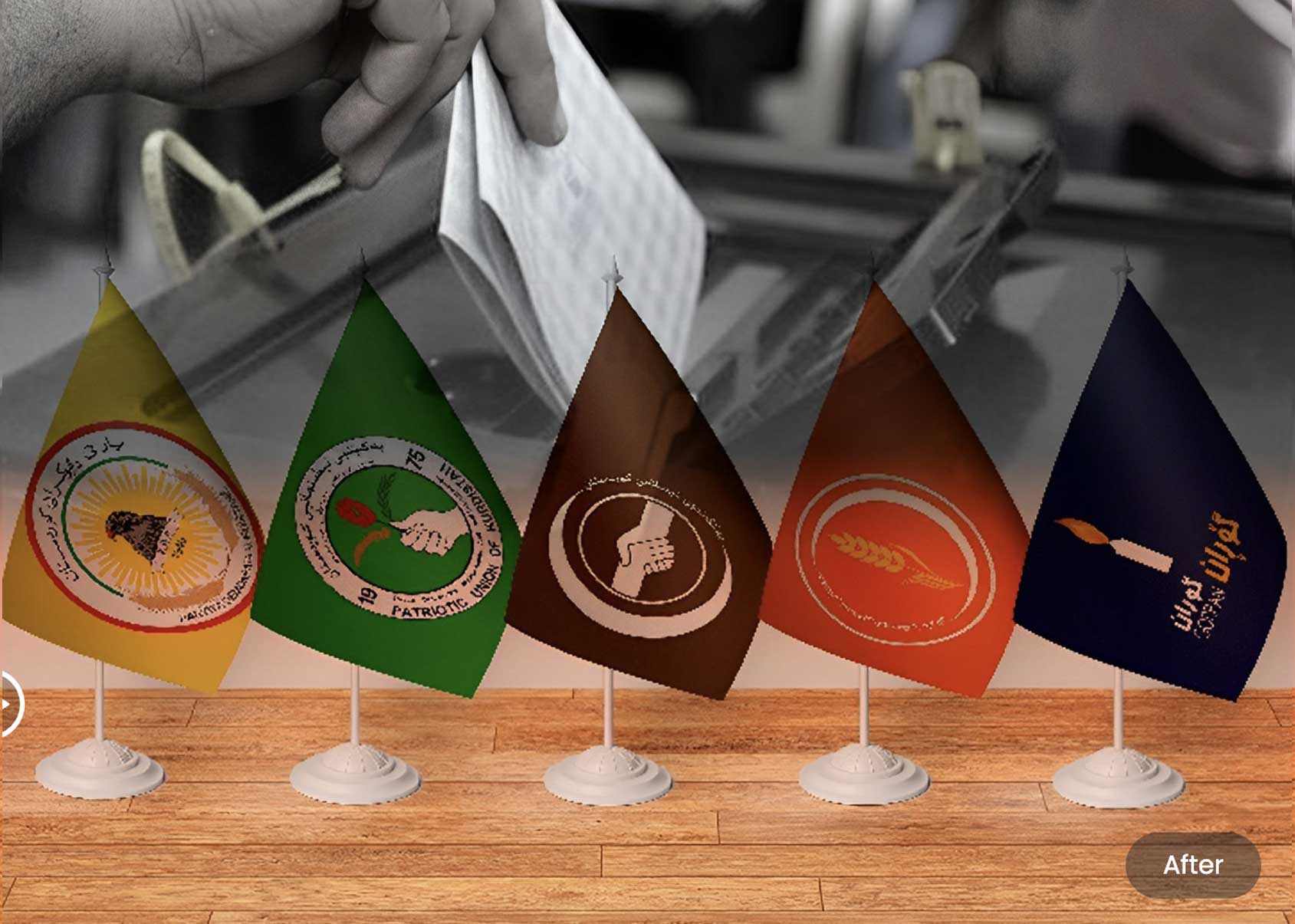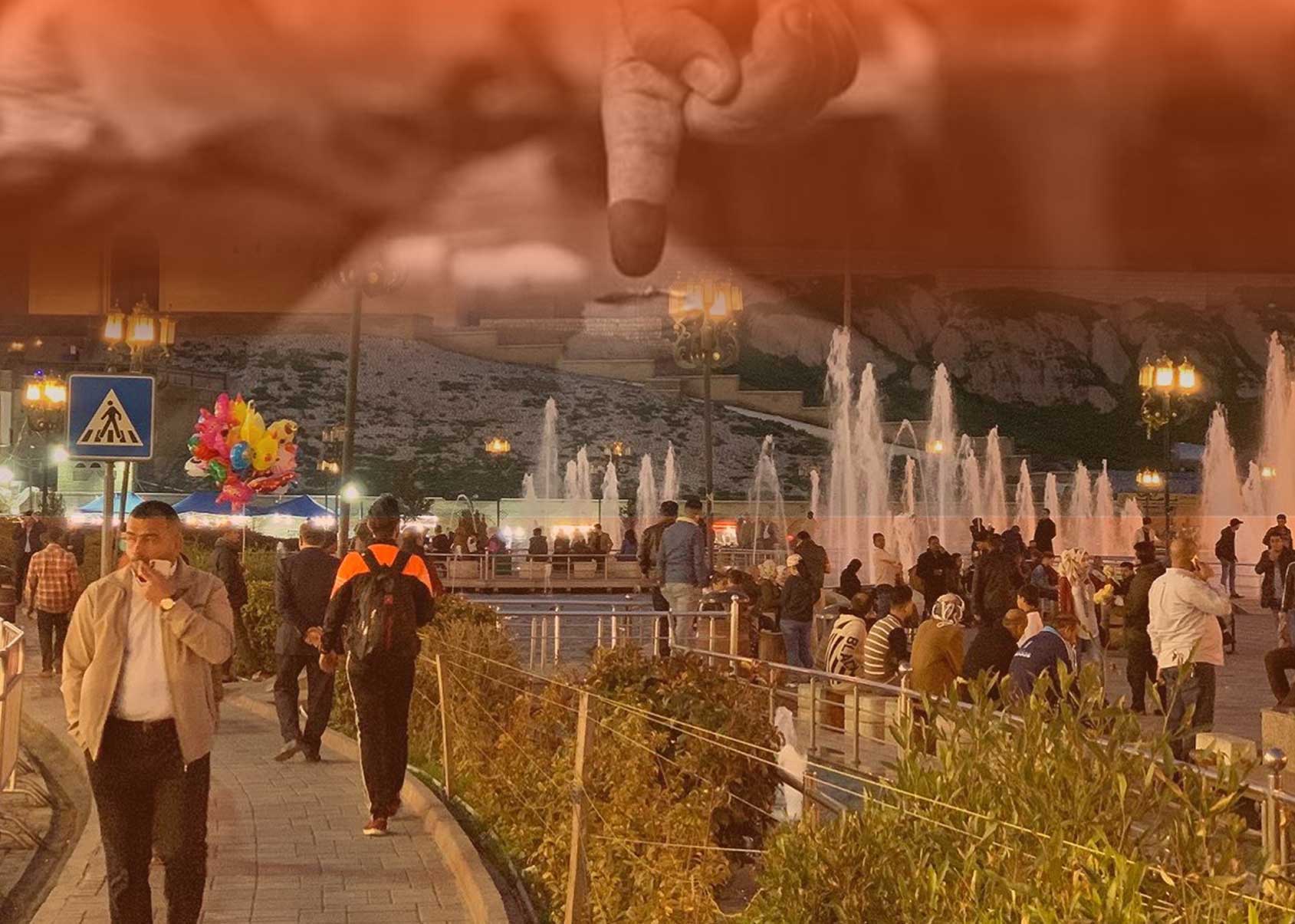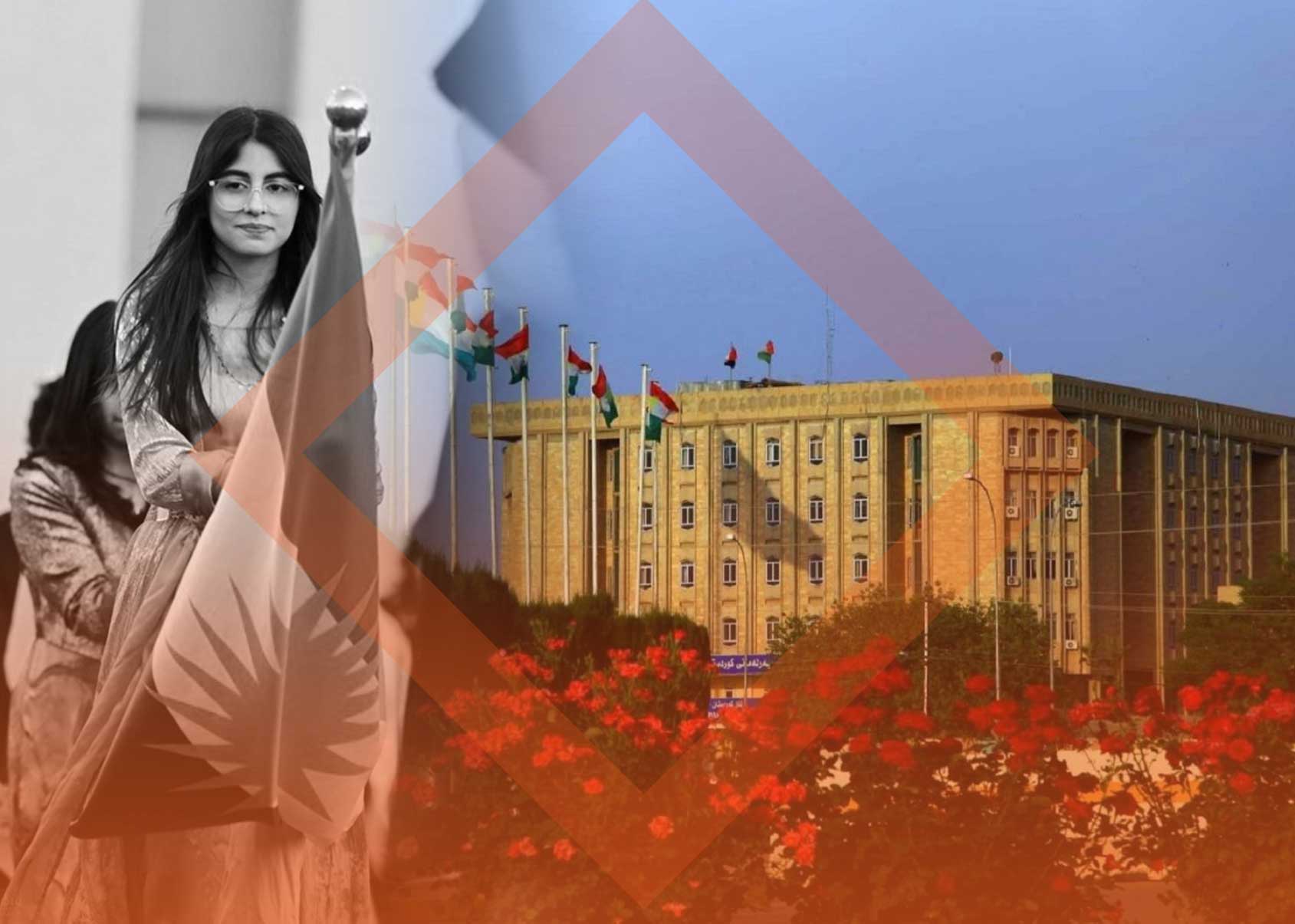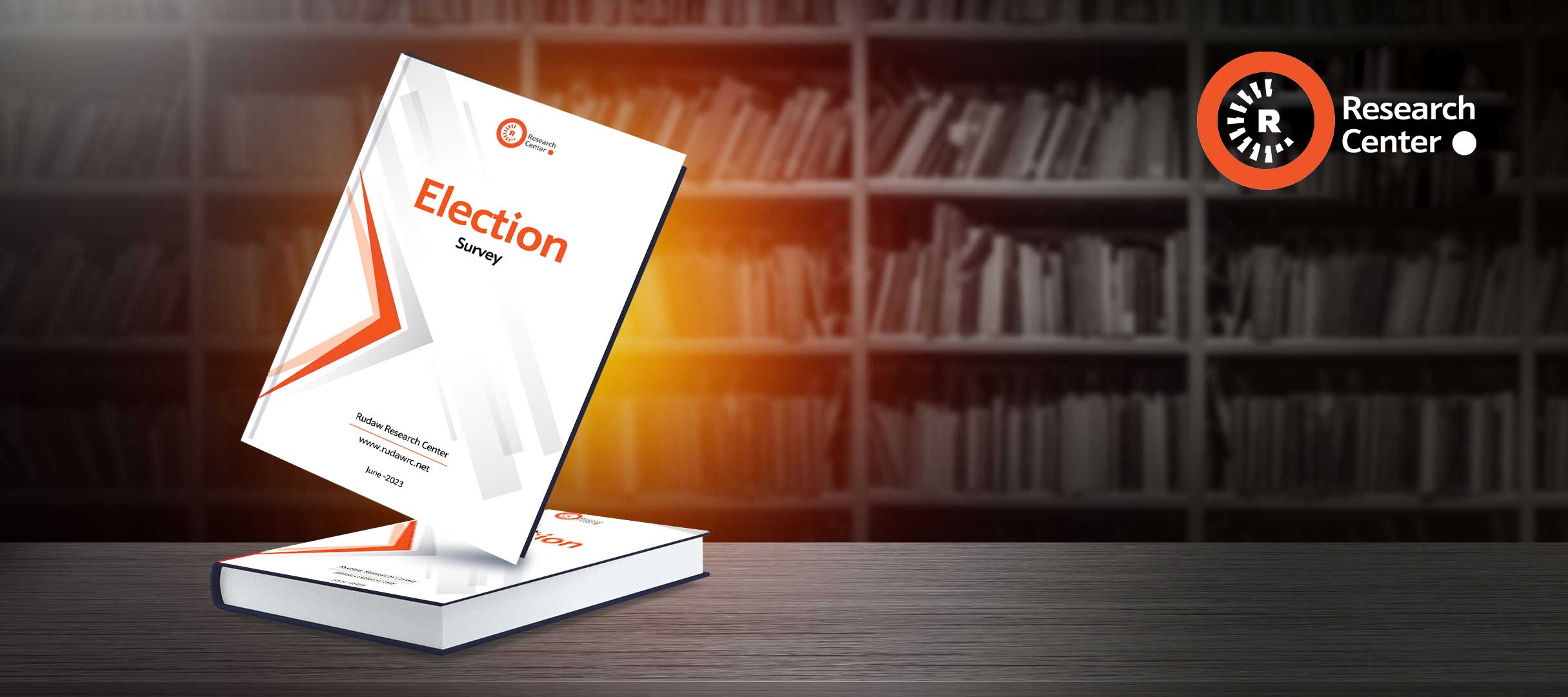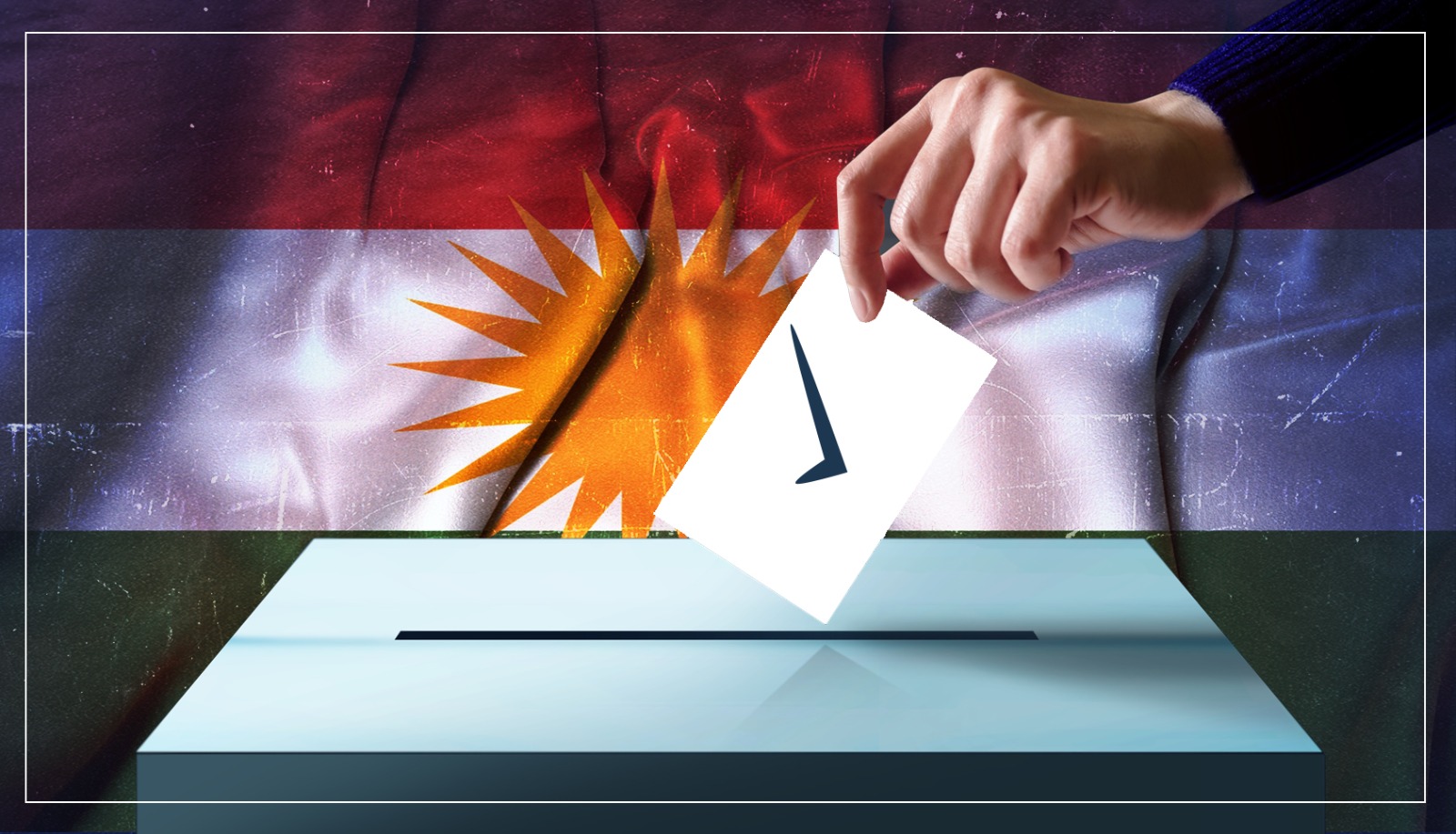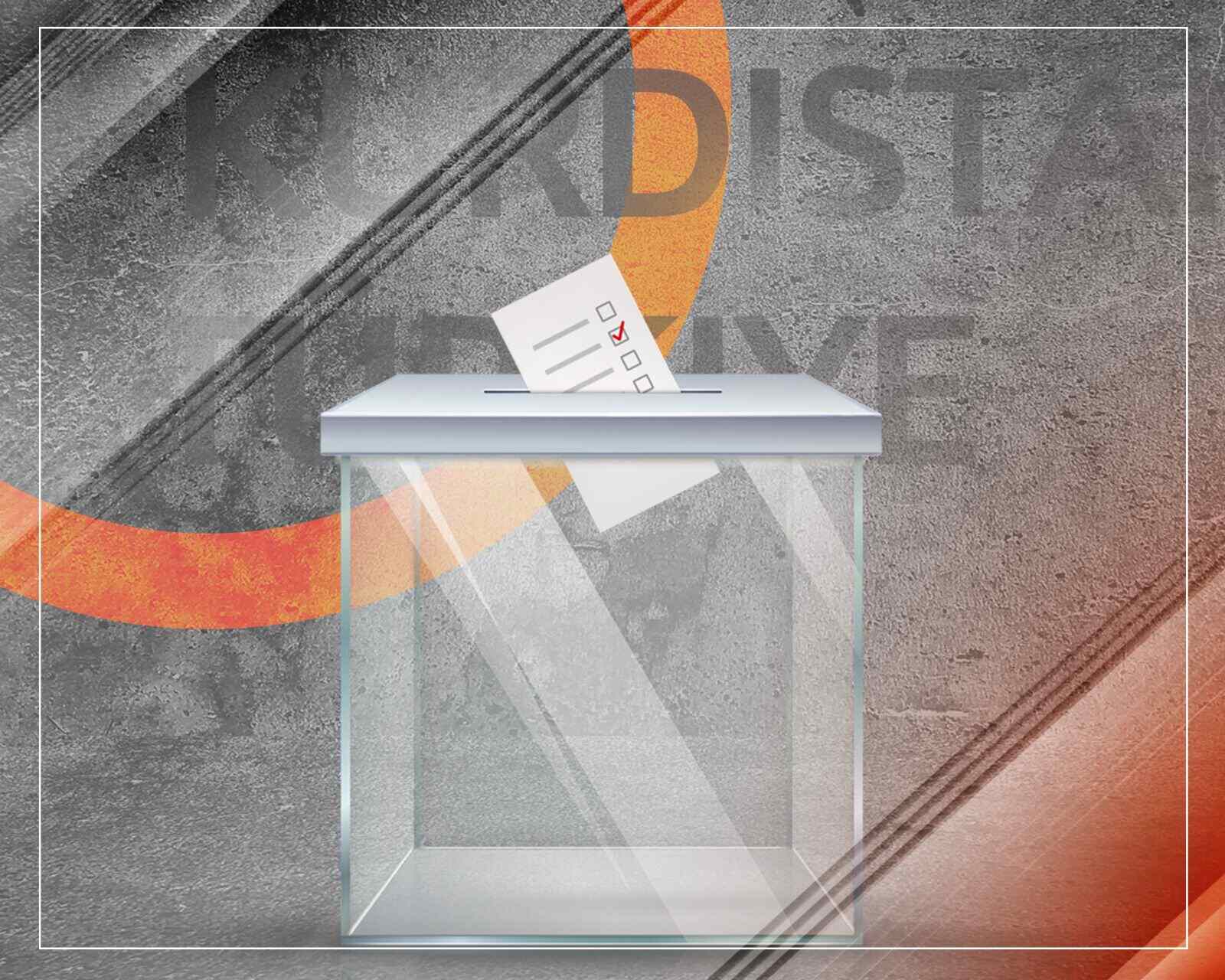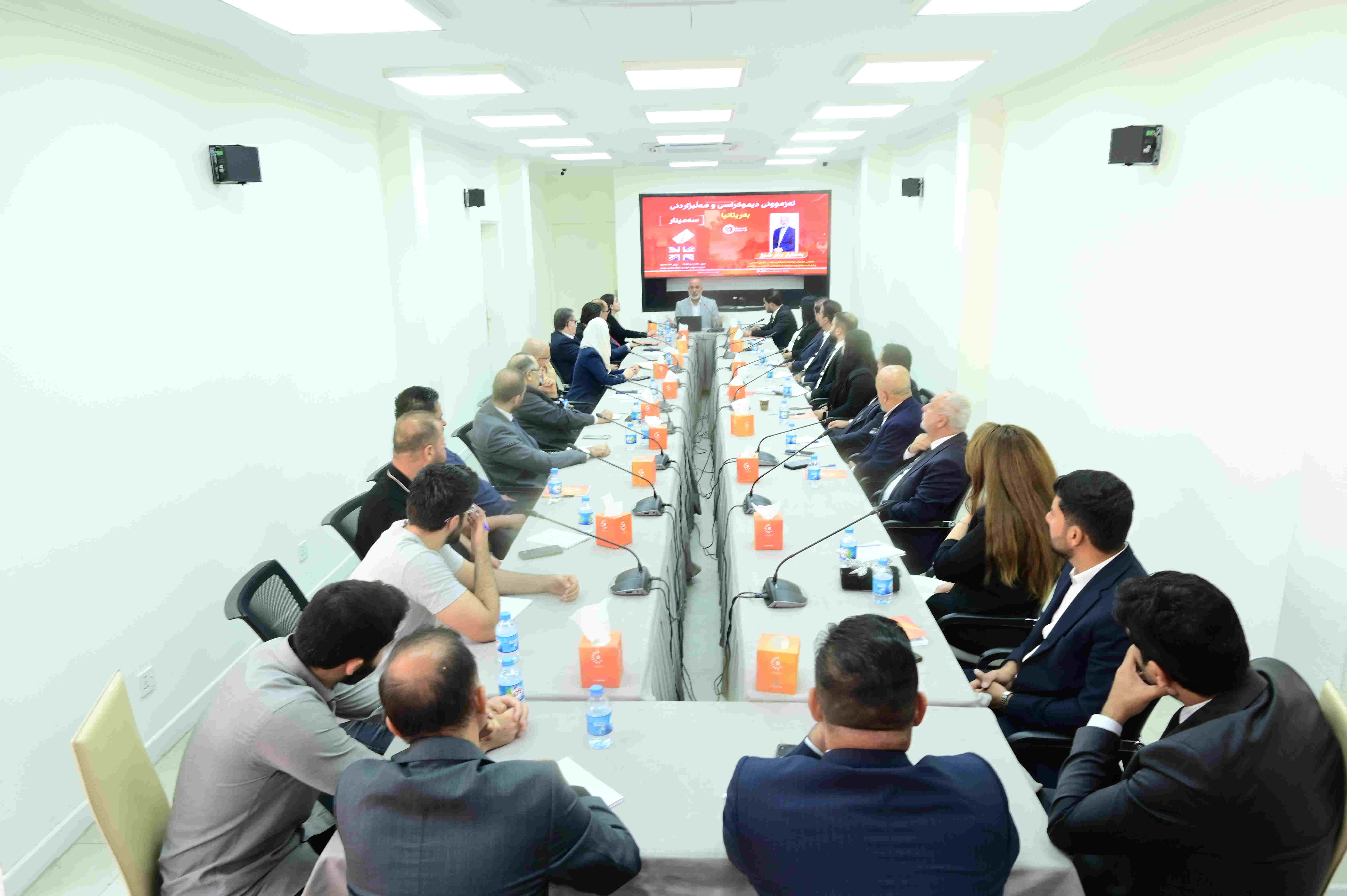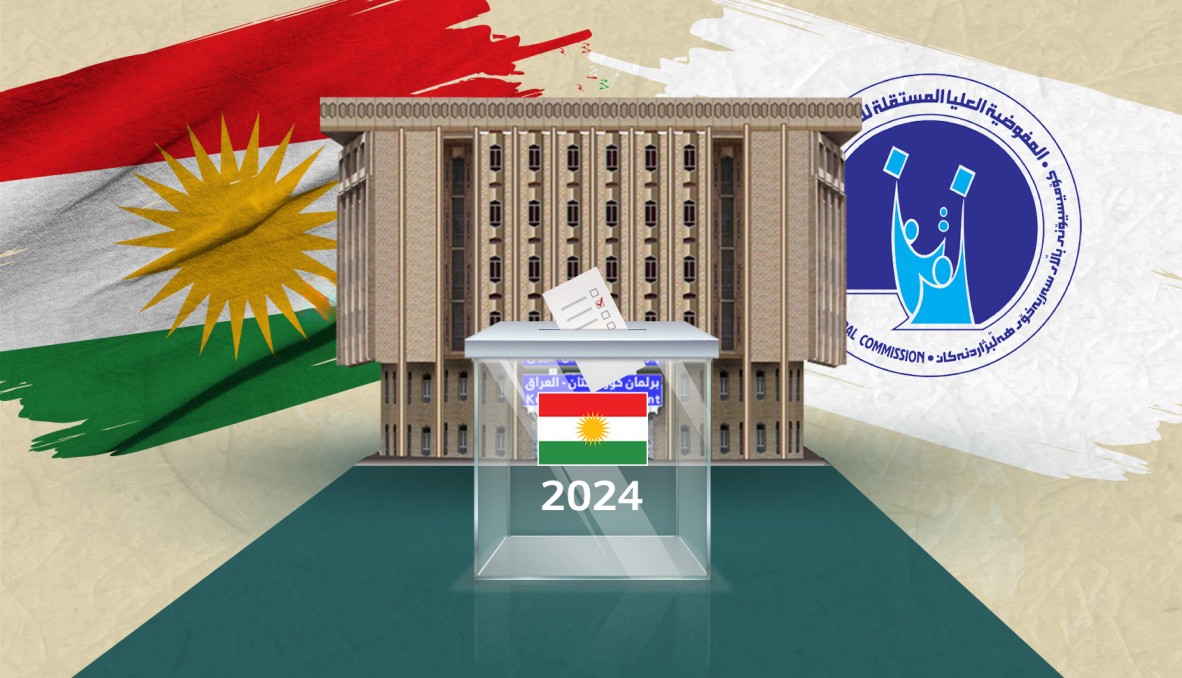The upcoming elections hold the potential for unexpected results, as revealed by the poll, primarily due to several factors related to voter demographics and changing population figures in the Kurdistan Region. In the 2018 Kurdistan Parliamentary elections, the voter count stood at 3,085,461. Since then, the Iraqi Independent High Electoral Commission (IHEC) has projected the number of voters to be 3,227,551 for 2021, and currently, it stands at 3,641,000 voters. Certainly, in anticipation of the upcoming parliamentary elections, set to take place on February 25, 2024, as per the most recent directive issued by President Nechirvan Barzani, the projected number of voters is expected to rise.


